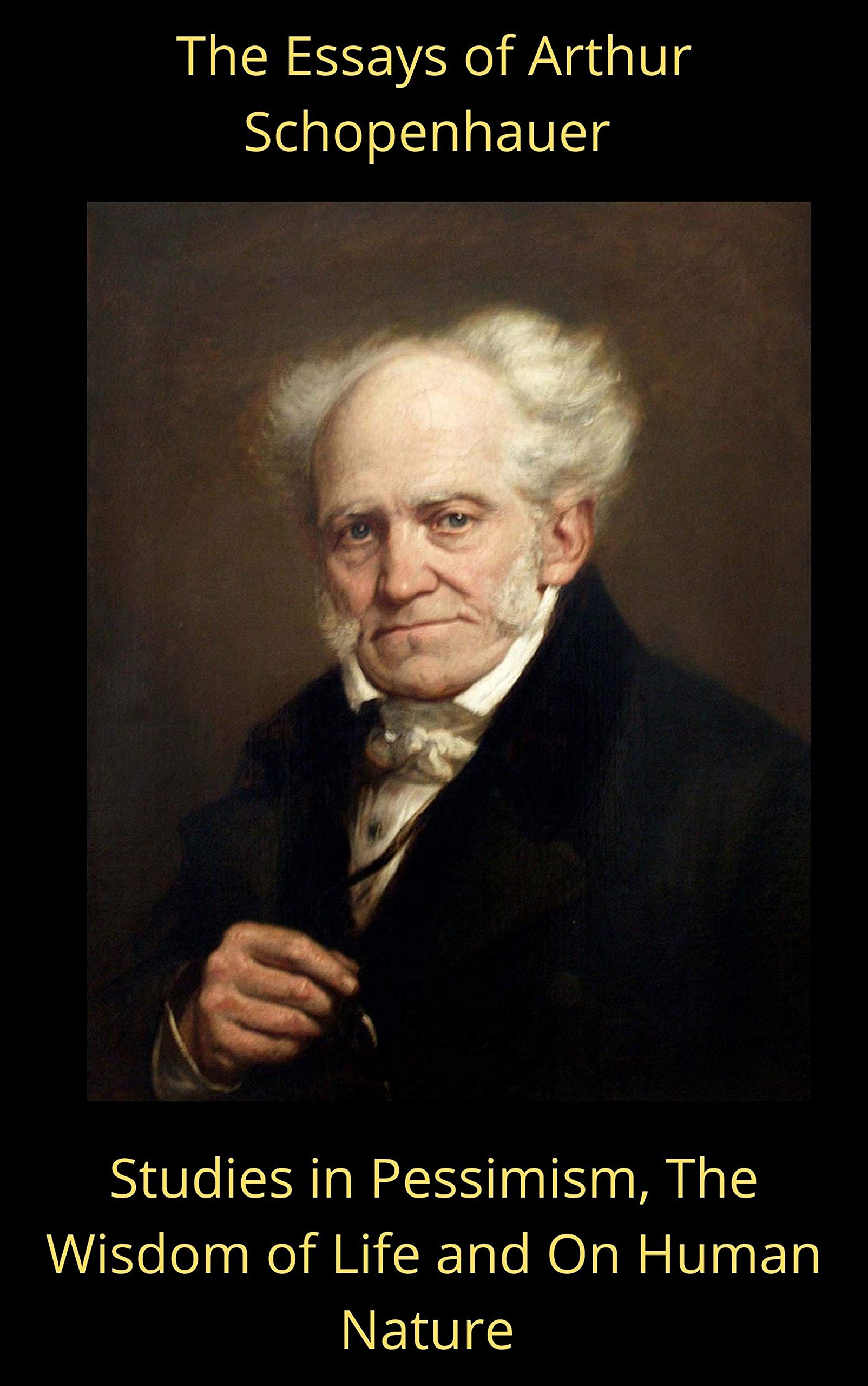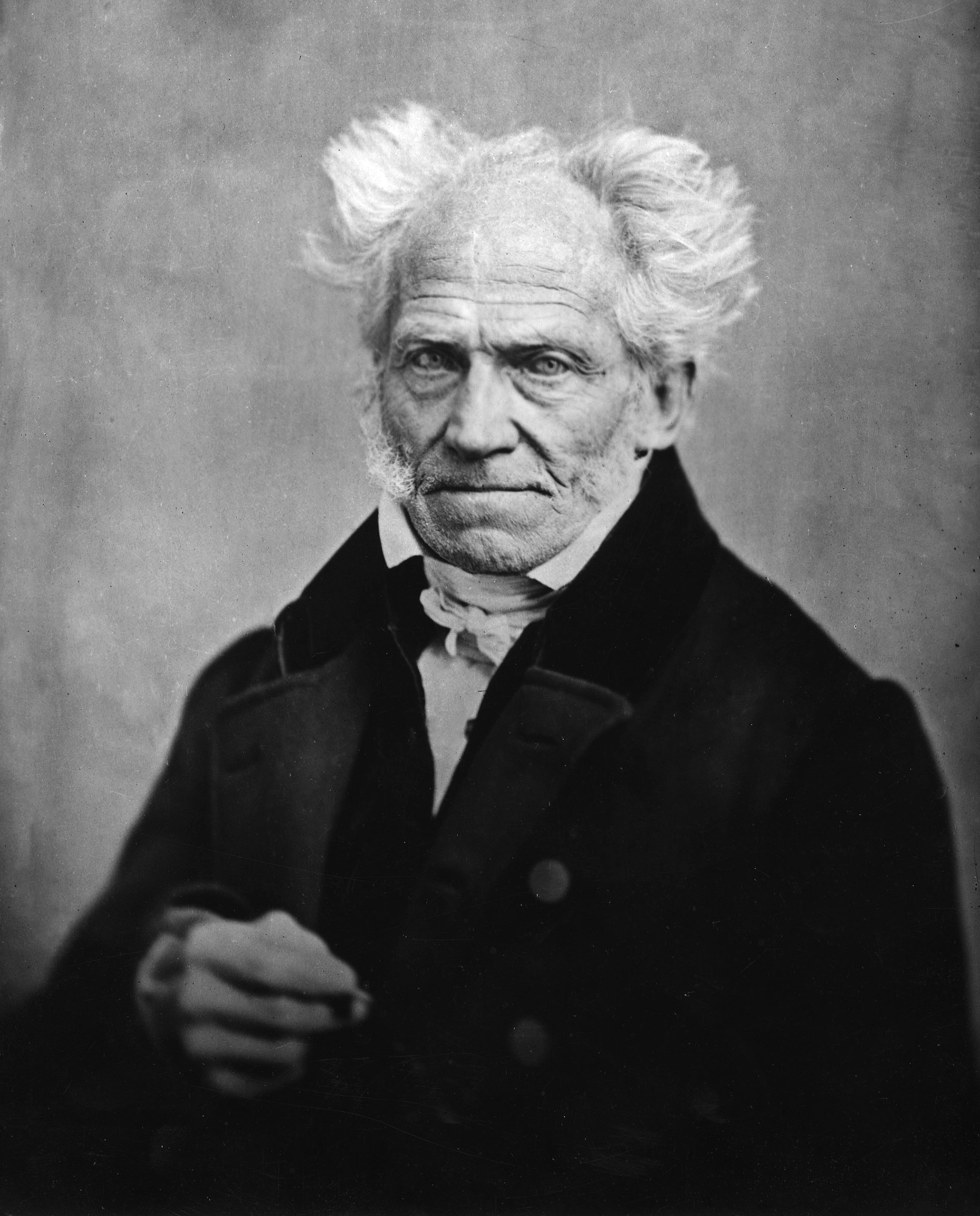
On Human Schopenhauer believed in the supremacy of will over intellect, and he wrote extensively on the motivations behind actions. These six essays, drawn from Parerga and posthumously published works, include observations on government, free will and fatalism, character, moral instinct, and ethics. They reflect the author's wide range of interests and offer an accessible approach to his_philosophy Studies in Philosophical pessimism is not a state of mind or a psychological disposition, but rather it is a worldview or ethic that seeks to face up to the distasteful realities of the world and eliminate irrational hopes and expectations (such as the Idea of Progress and religious faith) which may lead to undesirable outcomes. Ideas which prefigure philosophical pessimism can be seen in ancient texts such as the Dialogue of Pessimism and Ecclesiastes (which maintains that everything is hevel, literally 'vapor' or 'breath', but could also mean 'senseless' and 'absurd'.) In Western philosophy, philosophical pessimism is not a single coherent movement, but rather a loosely associated group of thinkers with similar ideas and a family resemblance to each other. In Philosophy, Ethic, Spirit, Joshua Foa Dienstag outlines the main propositions shared by most philosophical pessimists as "that time is a burden; that the course of history is in some sense ironic; that freedom and happiness are incompatible; and that human existence is absurd." Philosophical pessimists see the self-consciousness of man as bound up with his consciousness of time and that this leads to greater suffering than mere physical pain. While many organisms live in the present, humans and certain species of animals can contemplate the past and future, and this is an important difference. Human beings have foreknowledge of their own eventual fate and this "terror" is present in every moment of our lives as a reminder of the impermanent nature of life and of our inability to control this change. The Wisdom of A leading metaphysician of the 19th century, Schopenhauer dispensed with traditional philosophic jargon in favor of a brisk, compelling style. In The Wisdom of Life, an essay from his final work, Parerga und Paralipomena (1851), the philosopher favors individual strength of will and independent, reasoned deliberation over the tendency to act on irrational impulses. He examines the ways in which life can be arranged to derive the highest degree of pleasure and success, presents guidelines to achieving this full and rich manner of living, and advises that even a life well lived must always aspire to grander heights. This excellent translation by T. Bailey Saunders abounds in subjects of enduring relevance.
Author

Arthur Schopenhauer was born in the city of Danzig (then part of the Polish–Lithuanian Commonwealth; present day Gdańsk, Poland) and was a German philosopher best known for his work The World as Will and Representation. Schopenhauer attempted to make his career as an academic by correcting and expanding Immanuel Kant's philosophy concerning the way in which we experience the world. He was the son of author Johanna Schopenhauer and the older brother of Adele Schopenhauer.